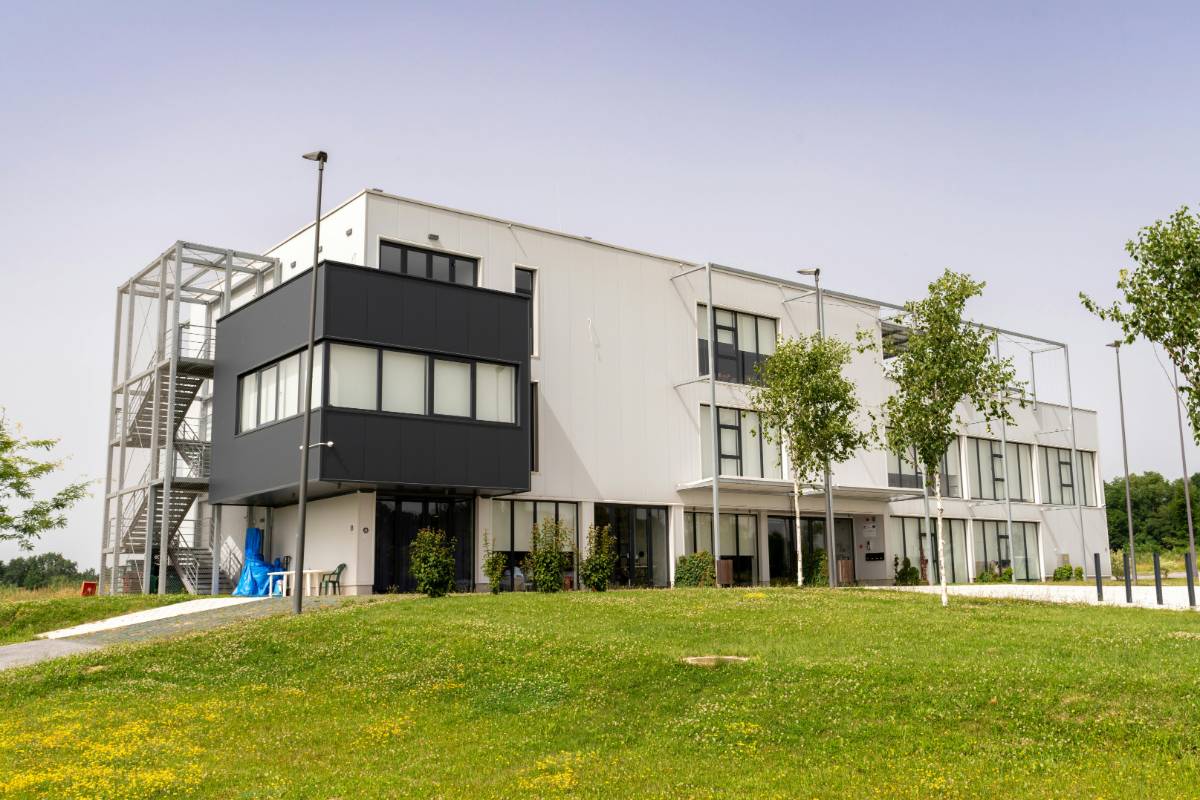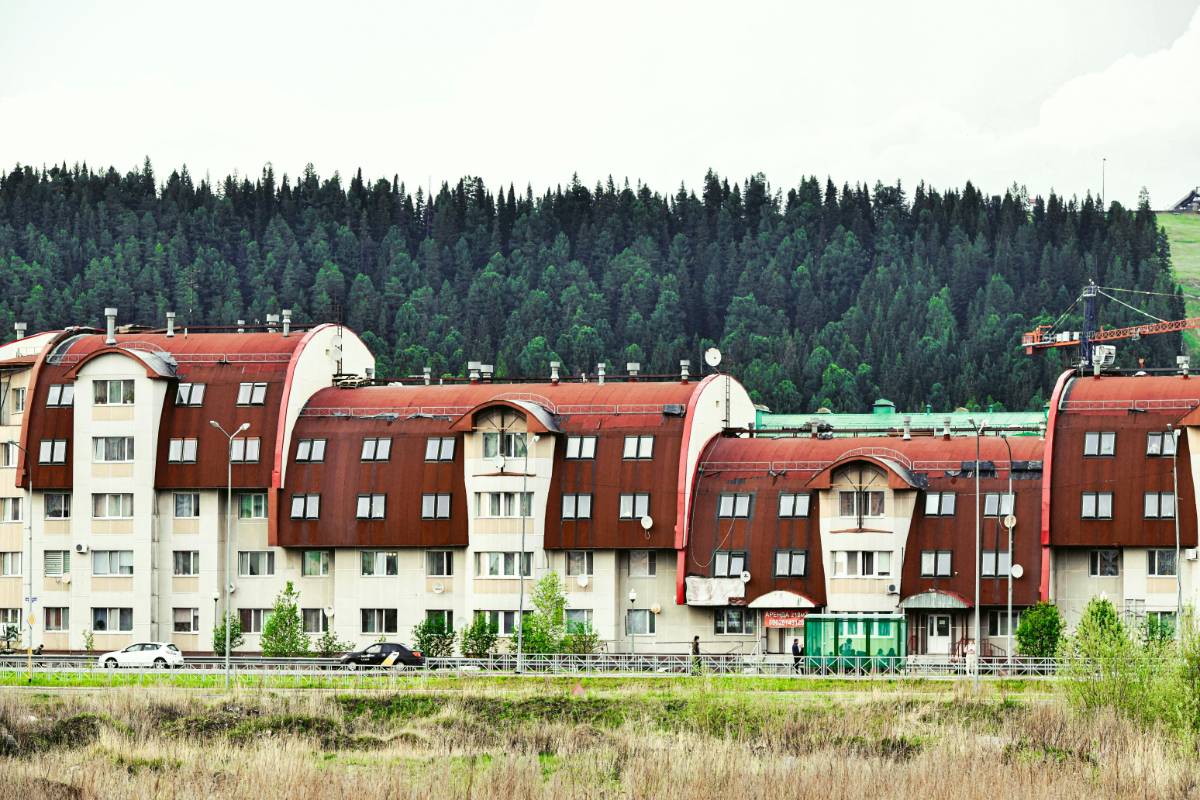

As the world shifts toward more sustainable practices, the real estate industry is no exception. Sustainable real estate development focuses on creating buildings and communities that minimize environmental impact while offering long-term value. In this article, we delve into the key principles of sustainable development in the real estate sector.

Sustainability in real estate isn't just a trend; it's a necessity. Developers are increasingly incorporating green building practices that conserve resources, reduce carbon emissions, and ensure the health and well-being of occupants.
Energy Efficiency: Sustainable buildings use less energy by incorporating efficient systems such as solar panels, LED lighting, and high-performance insulation.
Long-Term Value: Green buildings are more attractive to buyers and renters due to lower utility costs and better overall environmental performance.

One of the key drivers of sustainable real estate is the use of green building certifications. These certifications recognize buildings that meet specific environmental standards, ensuring that they are energy-efficient and environmentally responsible.
LEED Certification: Leadership in Energy and Environmental Design (LEED) is a widely recognized green building certification system that rewards sustainable construction practices.
BREEAM: The Building Research Establishment Environmental Assessment Method (BREEAM) is another widely used standard for assessing a building's sustainability performance.
A focus on sustainable materials is a core element of green building. Energy-efficient materials like recycled steel, low-emissivity glass, and bamboo flooring help reduce the environmental impact of construction.
Insulation and Glazing: High-quality insulation and energy-efficient windows are key to improving energy performance in buildings.
Sustainable Sourcing: Many developers are opting for locally sourced, sustainable materials that reduce transportation emissions and support local economies.
The integration of renewable energy sources, such as solar, wind, and geothermal, is becoming standard practice in sustainable real estate development.
Solar Panels: Solar energy systems are increasingly being incorporated into building designs, reducing reliance on nonrenewable energy sources.
Geothermal Systems: These systems use the earth's natural heat to provide efficient heating and cooling, significantly lowering energy consumption.
The concept of smart cities is revolutionizing sustainable development. By integrating smart technologies, cities can optimize energy use, reduce waste, and improve the overall quality of life for residents.
IoT Technology: The use of smart devices in homes and buildings can help monitor and reduce energy use, enhancing sustainability.
Sustainable Urban Planning: Smart cities involve careful urban planning that incorporates green spaces, sustainable transport options, and eco-friendly infrastructure.
Sustainable real estate development is no longer optional; it is essential for creating a more eco-friendly future. As developers continue to innovate with green technologies and environmentally responsible practices, the real estate sector will contribute significantly to global sustainability goals.











